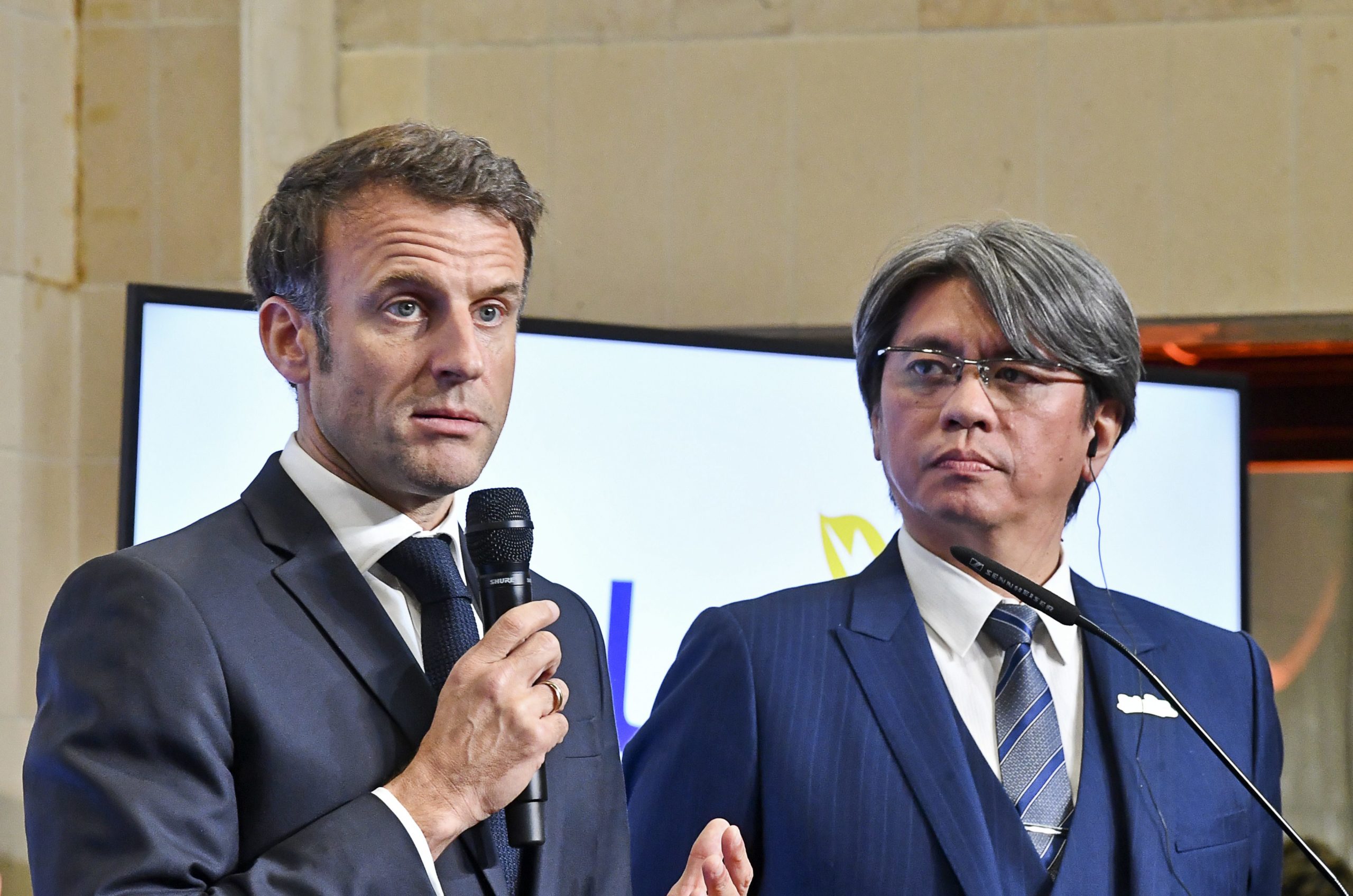
Macron announces several battery projects in the north of France

Macron in Dunkerque together with the founder of ProLogium Vincent Yang /Belga
French President Emmanuel Macron visited Dunkerque last week to illustrate his fight for re-industrializing the north of France. The Taiwane


Comments
Ready to join the conversation?
You must be an active subscriber to leave a comment.
Subscribe Today